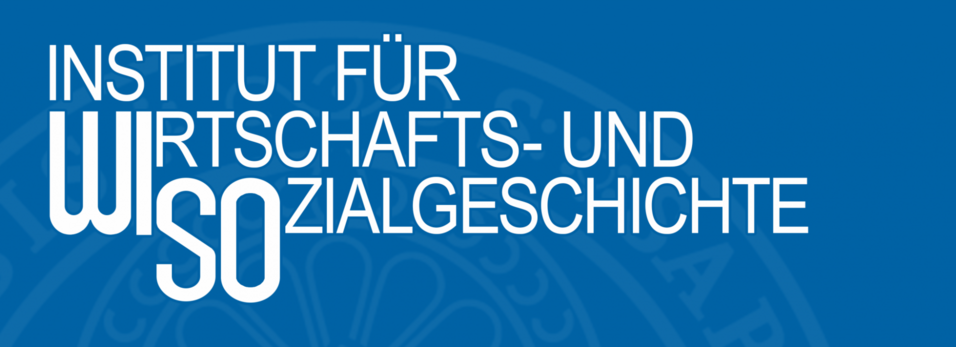Claude Chevaleyre, CNRS-Forscher am Institut d’Asie Orientale in Lyon (Frankreich), ist im September und Oktober 2022 als Gastwissenschaftler am Institut. Sein Hauptforschungsgebiet ist die Sozialgeschichte Chinas der Ming- und Qing-Zeit, insbesondere Zwangsarbeit, Sklavenhaltung und Menschenhandel. Zu seinen aktuellen Forschungsprojekten gehören "China Human Trafficking and Slaving Database" (in Zusammenarbeit mit dem IISH in Amsterdam) und das mit Juliane Schiel entwickelte Projekt "Grammars of Coercion" für die COST Action "Worlds of Related Coercions in Work" (WORCK).
Website
Hannah Elmer, wissenschaftliche Mitarbeiterin am Historischen Seminar der Leibniz-Universität Hannover, ist im September 2022 als Gastwissenschaftlerin am Wiso. Ihr Forschungsschwerpunkt ist die kulturelle, religiöse und intellektuelle Geschichte der europäischen Frühen Neuzeit.
Website
Johanna Wassholm, Dozentin für Russische und Nordische Geschichte an der Åbo Akademi University (Finnland), wird sich von Mitte September bis Dezember 2022 am Institut aufhalten.
Website
Robin Frederik Jenny arbeitet von September 2022 bis März 2023 als Studienassistent in Federico D'Onofrios "Datarev"-Projekt mit.
Personalia September 2022
02.09.2022

